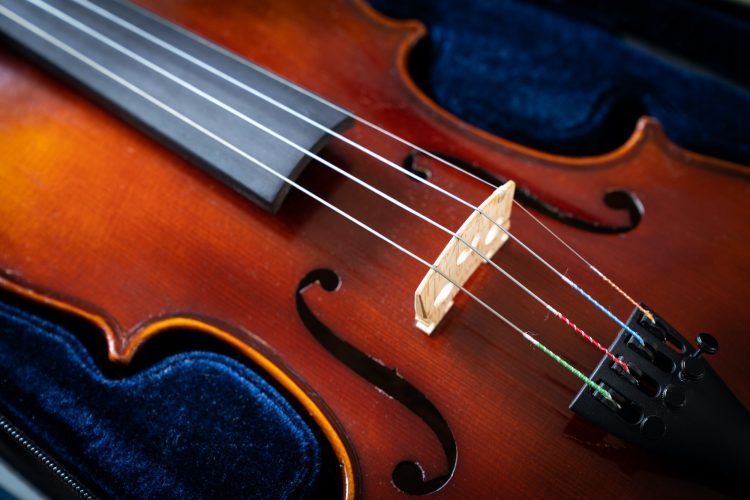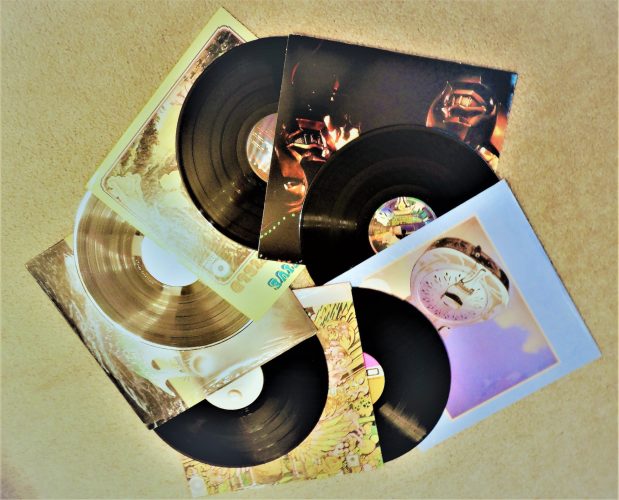Musical pleasure
The key reason people listen to music lies in the reward center of the brain. Listening to pleasurable music activates areas of the reward system. The same brain-chemical system that enables feelings of pleasure from sex, recreational drugs, and food is also critical to experiencing musical pleasure.

Musical pleasure arises when a pattern is interrupted in some way. Listeners experience strong emotions when something unexpected happens. However, not everyone experiences intense emotional responses to music.

Roughly 2 percent of the general population do not experience chills. This incapacity to derive pleasure specifically from music has been called musical anhedonia (sometimes called tone-deafness).
Mood regulation
Music provides a means of escape. Music distracts our minds from the outside world. The use of music as background entertainment serves to get us into a positive mood or to become more alert.

Music can relax the body because brain waves are able to synchronize with the rhythm of a song. People’s moods can reflect what they choose to listen to. Fast or energetic music may make people feel alert and pumped, while slow music calms them down.
Nostalgia
Music is one of the strongest means for evoking feelings of nostalgia. Listening to music that was played a lot during a significant life event (e.g., a family celebration) many years ago can trigger a deeply nostalgic emotional experience.

The feeling is not the music, but in what it reminds us. Maybe we have just come to hear a particular song as sad because we have learned to associate it with an experience of loss.
Aesthetic pleasure
Music listening is also explained by the aesthetic impact of music: enjoyment, being moved or inspiring. Subjectivity is central to aesthetic responses. A piece of music that is aesthetically appealing to one person can be repulsive to another.

These differences come from personal experience and the attitude toward the music, and the current mood. The aesthetic experience also involves the context, such as the external physical environment surrounding the individual during a musical activity.
Identity motive
People can use music to express their identity and values to others. Music helps us to show that we belong to a given social group. Music is part of who we are. For example, listening to innovative music can serve to communicate the belief that one is creative and unconventional.






